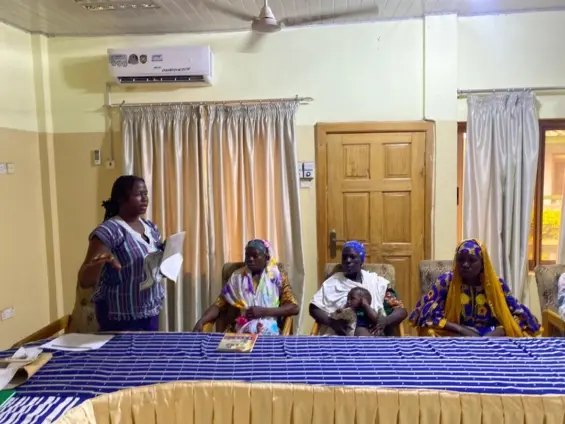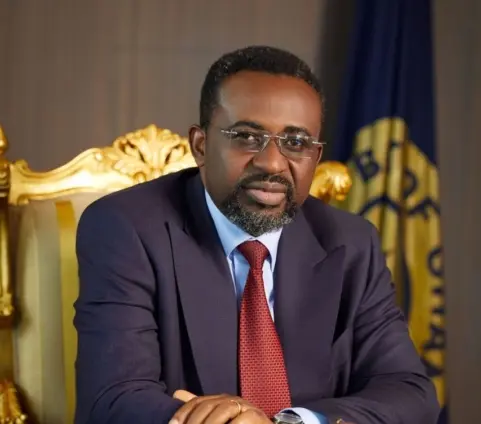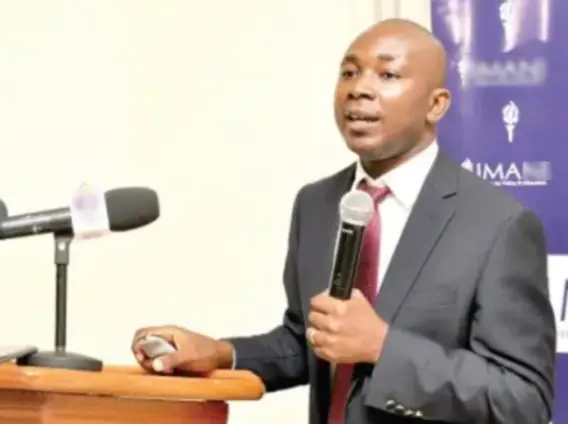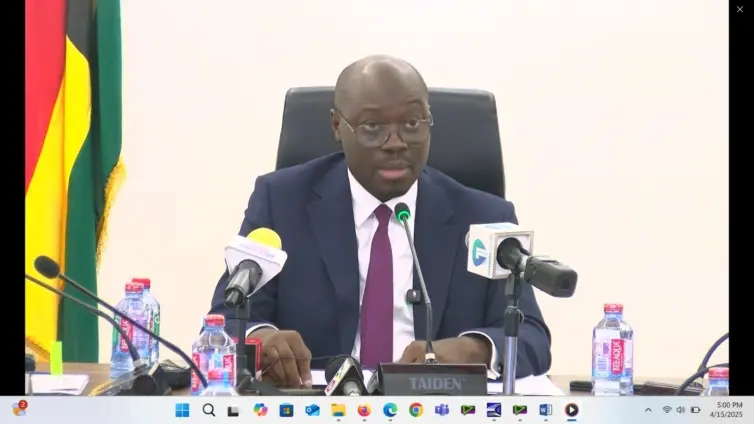Accra, Ghana – Ghana’s economic horizon appears to be brightening. A recent JoyNews Research report indicates that the nation’s public debt could see a significant reduction, potentially as much as 10%, thanks to the cedi’s strengthening performance against the US dollar. Since the start of 2025, the cedi’s resurgence has positioned it as the world’s fastest-appreciating currency since April, according to Bloomberg, offering a glimmer of hope for a nation grappling with substantial debt. The strengthening of the cedi is expected to reduce the external component of Ghana’s debt stock.
The potential reduction in Ghana’s GHS726.7 billion debt burden hinges on the cedi maintaining its upward trajectory. Isaac Kofi Agyei, Lead Analyst at JoyNews, estimates the currency’s appreciation could slash the external debt component by approximately GHS74 billion. “The current appreciation of the cedi is expected to reduce the external component of Ghana’s debt stock by some GHS74 billion, which could translate into an overall debt reduction of about 10%,” Agyei noted in the JoyNews report.
Several factors are converging to fuel the cedi’s impressive climb. One significant influence is the shifting global landscape, where the dollar’s dominance is waning as BRICS nations and some African economies explore alternative currencies for trade, particularly in response to rising protectionism. Domestically, strategic dollar injections by the Bank of Ghana to support Bulk Oil Distributors (BDCs) have played a crucial role in stabilizing the cedi. Furthermore, fiscal restraint demonstrated by the current administration in its initial months, coupled with the investor confidence boost from the $3 billion IMF program, has contributed to the positive momentum. Ghana’s gross international reserves have also seen a healthy rise, climbing from $6.1 billion in early 2024 to over $9.3 billion in early 2025.
The cedi’s current performance stands in stark contrast to its struggles in 2022, when its sharp depreciation added a staggering GHS93 billion to Ghana’s national debt. Former Finance Minister Ken Ofori-Atta highlighted this impact in November 2023, stating, “For us at the Ministry of Finance, the depreciation of the cedi seriously affects our ability to effectively manage our debt. Indeed, our stock of debt has increased by GHc93 billion this year alone due to the depreciation of the cedi since the beginning of 2022.” The cedi’s recent gains, therefore, represent a welcome reversal of fortune.
A cornerstone of Ghana’s economic recovery strategy has been the $3 billion IMF program. The program’s stringent conditions, which include a commitment to fiscal discipline and structural reforms, have been instrumental in reassuring international markets and unlocking crucial debt relief measures. Ghana has also successfully negotiated debt moratoriums and haircuts under the IMF program, leading to a reduction in debt servicing costs, further easing the pressure on the nation’s finances. The IMF program has instilled investor confidence in the Ghana cedi.
While oil revenues have declined, other sectors are stepping up to bolster Ghana’s economic performance. Gold exports have experienced a remarkable surge, climbing from $1.4 billion in the first two months of 2024 to $2.3 billion in the same period of 2025. Similarly, cocoa export earnings have more than doubled, rising from $369 million to $836 million between February 2024 and February 2025.
Looking ahead, the upcoming Monetary Policy Committee (MPC) meeting will be closely watched by analysts and investors alike. The MPC’s response to these favorable macroeconomic trends could significantly influence interest rate direction and inflation expectations in the second half of the year.
The cedi’s appreciation presents Ghana with a crucial opportunity to alleviate its public debt burden and foster economic stability. Strategic interventions by the Bank of Ghana, combined with the support of the IMF program, are driving this positive momentum. As Ghana navigates this period of potential growth, maintaining fiscal discipline and implementing strategic economic policies will be vital to sustaining the cedi’s strength and securing lasting debt relief. Staying informed about Ghana’s evolving economic landscape is essential for understanding potential financial impacts and making sound decisions. The surge in gold and cocoa exports further strengthens Ghana’s economic position.
Image Source: MYJOYONLINE





















